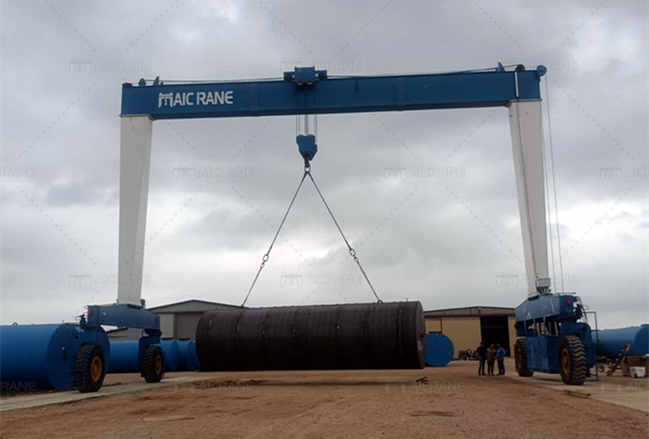


The RTG crane price can be influenced by several key factors, from specifications to market conditions.
The price of a Rubber Tyred Gantry (RTG) crane can be influenced by several key factors, from specifications to market conditions. Here are some ways to impact RTG crane price effectively:
The basic structure, capacity, height, and span of a rubber tyred gantry crane can vary widely. High-capacity cranes with added features like advanced control systems, anti-sway technology, or remote operation options typically cost more. By clearly assessing your operational needs and choosing only essential features, you can reduce costs without compromising functionality.
Sourcing cranes from manufacturers closer to your location can reduce transportation costs, which play a part in the overall RTG crane price. Local suppliers or those with favorable shipping arrangements may offer lower prices than international manufacturers with high freight charges.
Energy-efficient cranes, such as hybrid or electric RTGs, may have higher initial prices, but they offer long-term cost savings by reducing energy consumption. Discussing these options with the manufacturer could lead to favorable pricing on newer models designed for efficiency, especially if your port or yard prioritizes environmental goals.
If you’re looking to purchase multiple RTG cranes or regularly buy equipment, leveraging bulk orders can lead to discounts. Establishing a long-term relationship with the supplier or discussing potential package deals can also help reduce the per-unit cost.
RTG crane prices fluctuate based on steel costs, market demand, and industry trends. When demand is low, manufacturers might offer discounts or favorable financing to secure sales. Keeping an eye on market trends and engaging during lower-demand periods can lead to substantial savings.
A manufacturer’s warranty and the quality of after-sales service significantly affect the overall cost and value of an RTG crane. Extended warranties and robust service packages often come with added costs, but they can be beneficial in reducing downtime and maintenance expenses.
Standard vs. Extended Warranty: Extended warranties generally increase the upfront price but offer peace of mind. For high-use environments, investing in a longer warranty can reduce future repair costs and operational interruptions.
After-Sales Support: Some manufacturers provide comprehensive maintenance support, which can be more economical than relying on third-party services. Negotiate for favorable terms on after-sales support to reduce long-term maintenance costs.
By strategically selecting crane specifications, choosing an efficient supplier, and leveraging market timing, buyers can effectively influence and optimize RTG crane prices.
